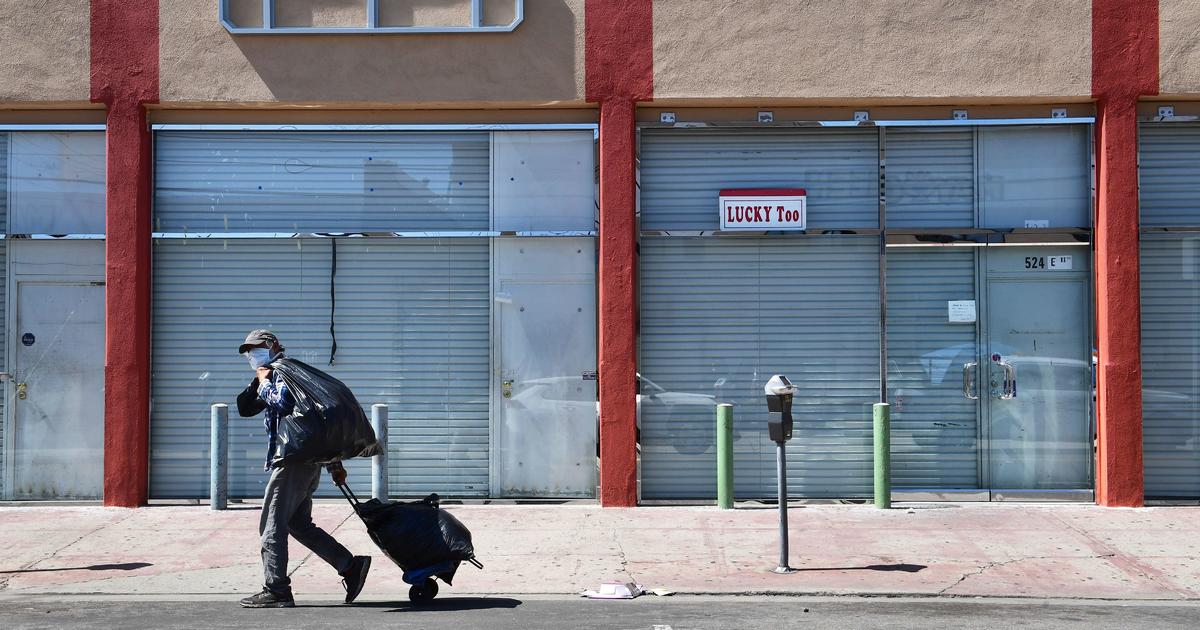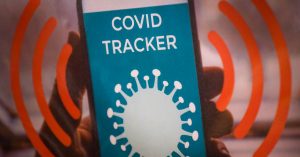The impact of the coronavirus pandemic could haunt the U.S. economy for as long as a decade, with the Congressional Budget Office estimating that its toll could cost the economy almost $16 trillion by 2029 if Congress does not mitigate the impact of the disease.
The CBO, which had already issued a report forecasting a severe economic impact over the next two years, expanded that forecast to show that the severity of the economic shock could depress growth for far longer.
The new estimate said that over the 2020-2030 period, total GDP output could be $15.7 trillion lower than CBO had been projecting as recently as January. That would equal 5.3% of lost GDP over the coming decade. Already, the economic shock of lockdowns and a steep drop in consumer spending has rippled through the economy, with more than 42 million workers losing their jobs since the coronavirus brought the U.S. to a standstill.
“Business closures and social distancing measures are expected to curtail consumer spending, while the recent drop in energy prices is projected to severely reduce U.S. investment in the energy sector,” CBO Director Philip Swagel said in a letter.
After adjusting for inflation, CBO said the lost output would total $7.9 trillion, a loss of 3% of inflation-adjusted GDP. The CBO called this a “significant markdown” in GDP output as a result of the pandemic.
“Recent legislation will, in CBO’s assessment, partially mitigate the deterioration in economic conditions,” Swagel said in the letter to Senators Chuck Schumer, D-N.Y., and Bernie Sanders, I-Vt. The two had requested the information as a way to pressure Republicans to follow the lead of the House and pass more economic relief.
In a joint statement, Schumer and Sanders called the projection “jaw-dropping.”
“Last week we learned that over 40 million Americans lost their jobs as a result of this horrific pandemic,” Schumer and Sanders said in a joint statement. “Today, the CBO tells us that if current trends continue, we will see a jaw-dropping $16 trillion reduction in economic growth over the next decade.”
Risking another Great Depression?
Schumer and Sanders said Republicans should stop blocking legislation to provide more assistance, given that more than 40 million workers have lost their jobs already.
“In order to avoid the risk of another Great Depression, the Senate must act with a fierce sense of urgency,” Schumer and Sanders said.
The CBO is forecasting that the GDP, which shrank at a 5% rate in the first three months of this year, will fall at a 37.7% rate in the current April-June quarter, the biggest quarterly decline on record.
The CBO also issued a separate report detailing a cost estimate for a $3.4 trillion COVID-19 rescue bill that passed the Democratic-controlled House in mid-May. That legislation is built around $915 billion in aid to state and local governments, another $1,200 payment to most American workers, and additional aid to colleges and local school districts. The price tag is slightly higher than a back-of-the-envelope figure provided by Democrats when the measure passed.
Senate Republicans have dismissed the proposal as a wish list but have yet to unveil any proposal to counter it.


















